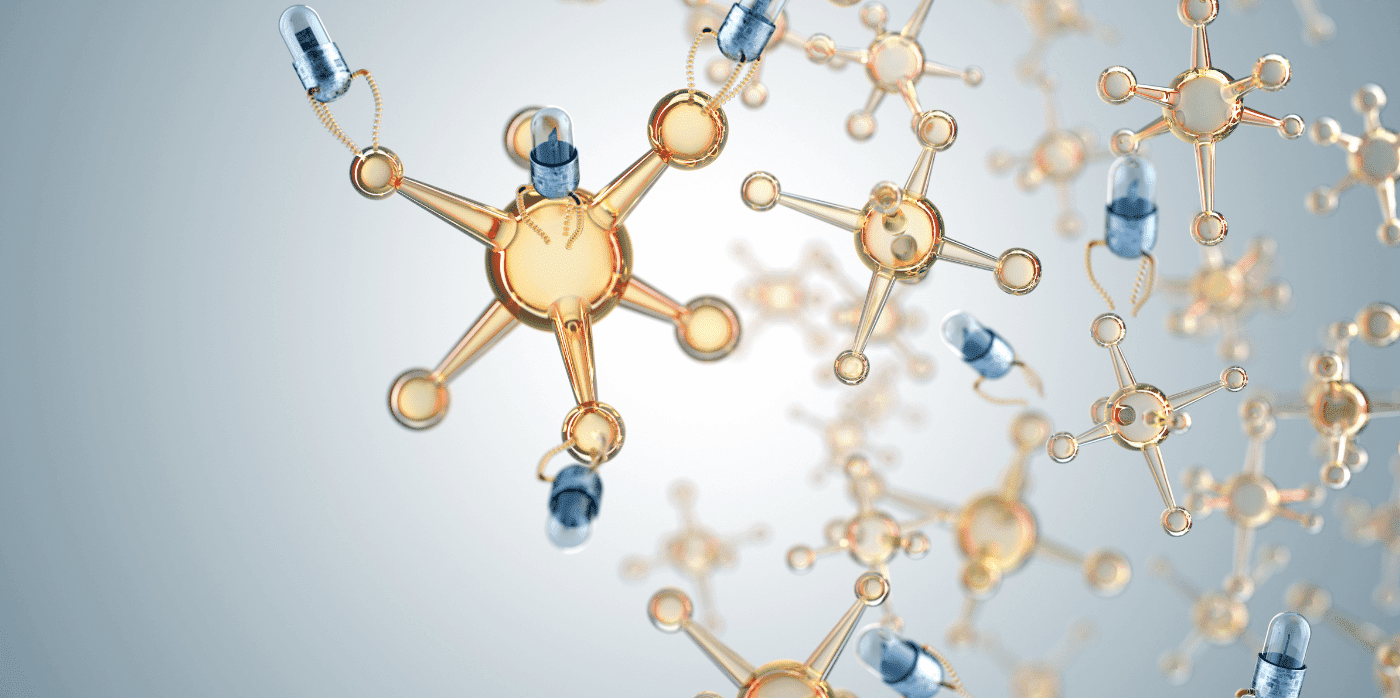Making hi-tech nano-crystals out of organic fishing waste

Spotted: Material waste from the fishing industry, namely crustacean waste, amounts to around 6-8 million tonnes a year. One company is looking to use this waste to solve the problem of material alternatives to plastics.
The present problem with plastic packaging films is that it’s difficult to achieve high strength, low permeability, and recyclability all in one material. The current market caters to low permeability and high strength but neglects recyclability, with these materials taking decades to be broken down and releasing harmful microplastics in the process. This is where Neptune Nanotechnologies comes in.
The company is using its proprietary technology to transform the waste material of crabs, shrimps, and lobsters into highly valuable chitin nanocrystals. Neptune Nanotechnologies highlights that these nanocrystals are stronger than steel, lighter than plastic, and fully bio-based and biodegradable. The fully organic crystals replace current additives to base materials, like plastic and composites, that can be an obstacle to a product’s biodegradability.
The crystals solve the problems of performance by making the final nano-structured materials stronger, but equally, the weight reductions allow better efficiency and CO2 prevention downstream in transport. Neptune Nanotechnologies’ crystals have similar characteristics to other nanotech alternatives, including graphene and carbon nanotubes, but have the added bonus of also being biodegradable.
This high performance means the crystals are suitable for a range of applications, like aerospace and automotive composites, high-barrier films and packaging, 3D-printed materials, and biomedical devices. Neptune Nanotechnologies is currently testing its technologies in these industries and is hoping to become completely commercialised soon.
There are a number of innovators looking to rid the world of harmful, often plastic-based, materials. In the archive, Springwise has also spotted one startup that turns organic waste into planet-friendly plastic and another that creates footwear from food waste.
Written By: Archie Cox

